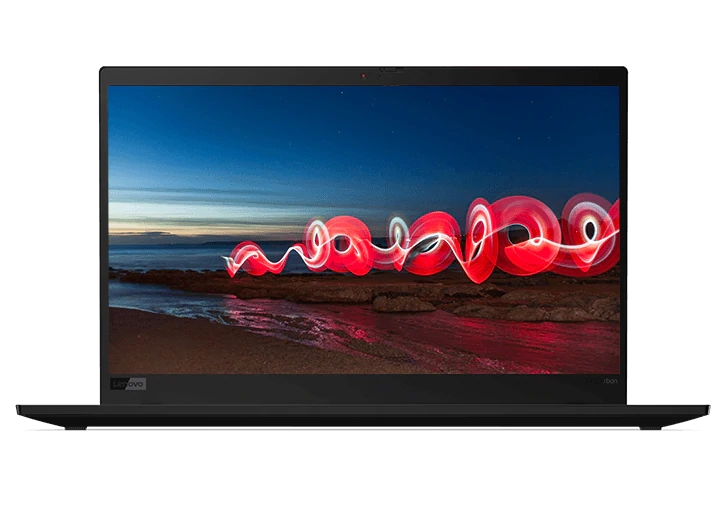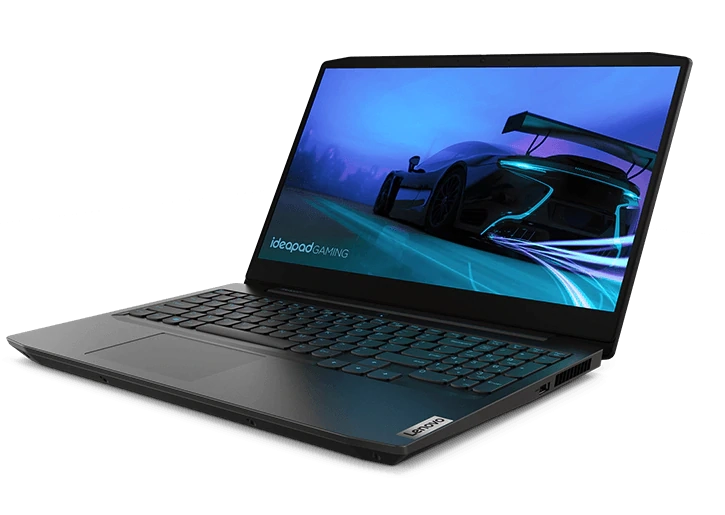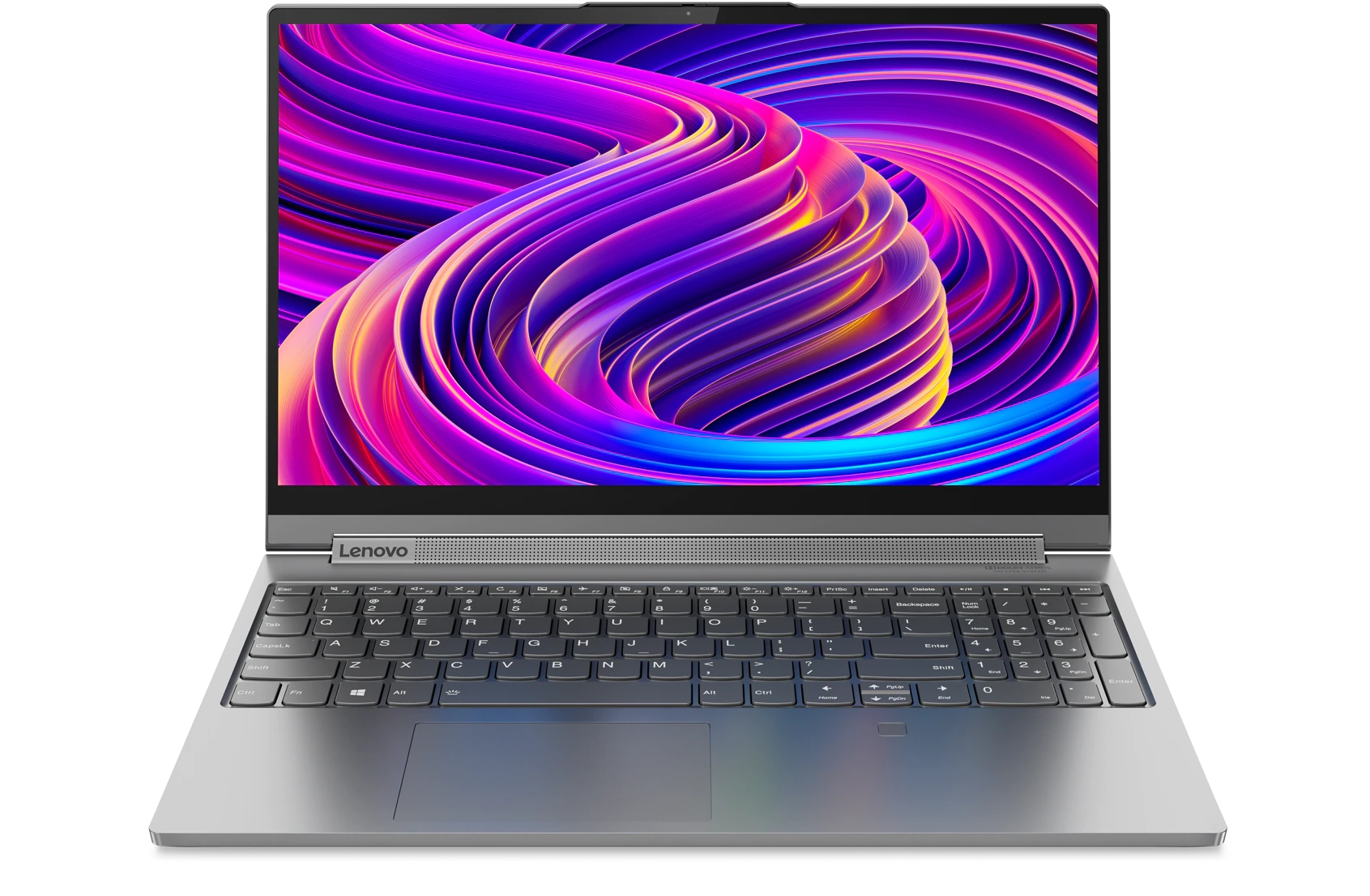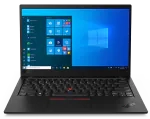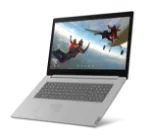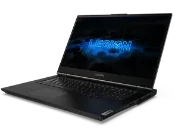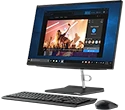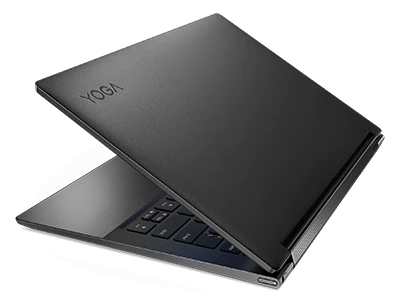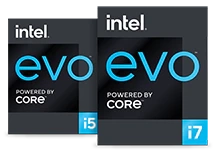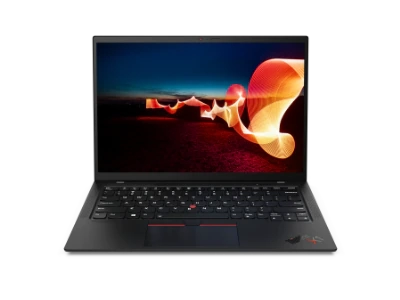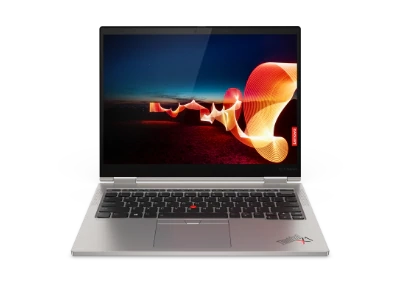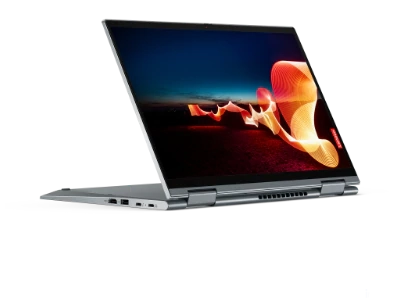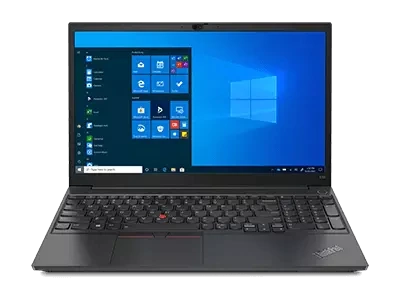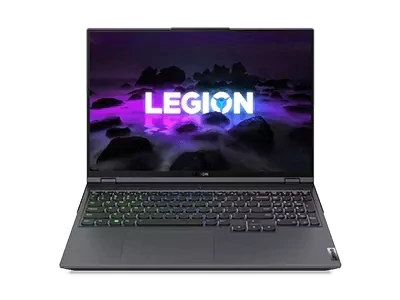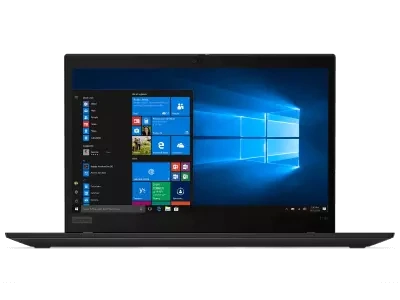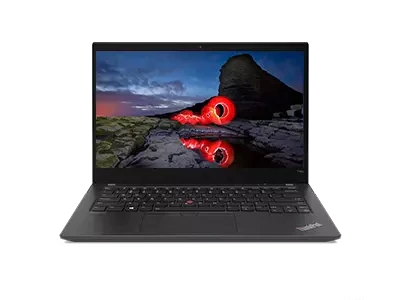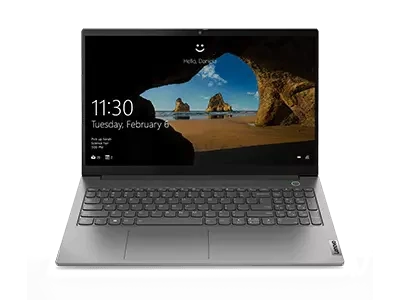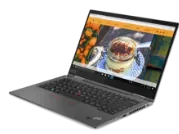Should You Build or Buy a Gaming PC?
Serious computer gamers know how important their rig is when it comes to beating the competition. Do an online search for gaming accessories and you’ll be presented with page after page of results for everything from high-end graphics cards to ergonomic gaming chairs.
Eavesdrop on any conversation between gamers and you’re likely to hear the discussion include topics such as cores, overclocking, GPUs and frame rates.
There’s also a chance that the conversation will drift towards one of the biggest debates in the gaming world: Should I buy an-off-the-shelf gaming computer or build one of my own?
Unfortunately, there’s no simple answer. The choice depends on factors including the types of games you like to play, your comfort level when it comes to handling delicate computer components and of course, the amount of money you have to spend.
Advantages of Building
Gamers can be extremely dedicated to their hobby, so it’s no surprise that many opt for building their own gaming rig. Doing so allows them to customize their setup to fit their exact needs, and there’s a certain amount of pride and bragging rights that come with defeating an alien army with the tools you built yourself.
Specifically, building your own rig offers a number of advantages over buying a prebuilt rig. Those include:
- Cost savings - In some cases, building your own gaming computer can be less expensive than buying a prebuilt machine, particularly when it comes to using very high-end components. High-end prebuilt machines occasionally come with high markups that can make them more expensive than building a comparable machine from scratch.
- Customization – Building your own machine allows you to select components that match your specific needs and desires. Some games have different requirements in terms of processors and graphics cards than others, so if you focus on a particular game you can build a machine specifically designed for that endeavor.
- Easy upgrades – Prebuilt machines are occasionally limited when it comes to upgrading various components. If a particular component no longer meets your needs, swapping it out can be a relatively easy task. In addition, the knowledge you pick up from building your own machine will aid you in performing those upgrades. And if there’s a problem, you may be able to fix it yourself instead of having to take your rig to the local computer shop.
- Worthwhile skills – Computers are an integral part of our lives, and that’s not going to change. As such, computer support and repair has become big business. According to the U.S. Bureau of Labor Statistics, the median pay for computer support specialists is £54,760 a year and the field is expected to grow significantly faster than the job market as a whole. The skills you learn from building your own PC can be the foundation of a lucrative career.
Advantages of Buying
Although building your own gaming PC certainly has its advantages, there are many cases where buying a prebuilt machine is preferable. Those include:
- Cost savings – Although there are scenarios where it’s cheaper to build, there are many others where it’s cheaper to buy. That’s especially true when it comes to mid-tier gaming PCs. Computer manufacturers buy components by the thousands, securing significant cost savings in the process. In addition, manufacturers often run sales that can make buying a prebuilt machine significantly cheaper than building.
- Ensured compatibility – When building a computer from scratch, compatibility issues will occasionally arise. One component may not work well with another, causing performance issues or system instability. Those issues aren’t a factor with a prebuilt machine because the manufacturer has already conducted extensive testing to ensure that components work together well.
- Warranties and Support – Let’s face it: Many of us just don’t have the time, skills or desire to work on our own computers. Occasionally problems occur that are beyond the skills of many dedicated builders. With a prebuilt machine, tech support is a phone call or email away. And if the problem can’t be solved over the phone or a component breaks down, most reputable manufacturers offer warranties that cover repair or replacement.
- Supplied software – Often overlooked in the build vs. buy debate is the cost of the operating system and any additional software. A prebuilt PC typically comes preloaded with the operating system and a host of other software, while you’ll have to purchase that software separately when building. The cost of Windows 10 alone can exceed £100, and adding in the other packages that may come with a prebuilt machine can drive that total to £500 or beyond.
Breaking Down Building Costs
Again, one of the most important considerations when deciding whether to build or buy is the amount of money you have to spend. Let’s consider a few scenarios that may help make a decision.
In the case of a mid-tier gaming rig, here’s a checklist of the components you’ll need and their typical cost:
- CPU- Mid-level CPUs generally run in the range of £150.
- Motherboard– This will run about £125.
- Graphics card – Here’s where the real money comes in. A mid-level graphics card suitable for gaming will set you back around £400.
- Memory– You’ll need at least 8MB for a mid-tier machine. This will run about £50, depending on the source.
- Storage– A solid-state drive is the best choice for gaming. Expect to spend at least £150.
- Power supply– Not the most exciting part of the project, but it’s not a place where you want to skimp. A dependable power supply will run about £125.
- Case– Gamers take pride in their rigs, and often desire a case that shows off the components inside. A stylish case with lighting and see-through panels will run at least £100, if not much more.
- Wireless lan adapter- £25
- Operating system– As mentioned above, you’re looking at £100 or more for a standalone copy of Windows 10 Home.
- Mouse and keyboard– Expect to spend a minimum of £100 for a quality mouse and keyboard designed for gaming.
Be aware that the prices referenced above are ballpark figures that may change on a daily basis, but adding these up brings the total of a build project to around £1,100. Realize as well that the figure excludes support.
Compare that with Lenovo’s C730 Gaming Cube, which is available with up to a 9th Generation Intel® Core™ i9-9900K Processor (3.60 GHz, up to 5.0 GHz with Turbo Boost, 8 Cores, 16 Threads, 16 MB Cache), up to 32 GB DDR4 2666MHz memory and options for a NVIDIA® GeForce® RTX™ 2080 8GB graphics card. Again, the price may vary but the cost of the C730 is comparable to a build-your-own machine, with the added benefit of a one-year warranty.
Obviously, any machine you build is going to be a desktop model. If you desire portability, a laptop gaming machine is a requirement. Lenovo’s IdeaPad Gaming 3i laptop features a 10th Generation Intel® Core™ i5-10300H Processor (2.50 GHz, up to 4.50 GHz with Turbo Boost, 4 Cores, 8 Threads, 8 MB Cache), 8 GB DDR4 2933MHz memory and a NVIDIA® GeForce® GTX 1650 4GB. All that and more for a price that’s more than £300 lower than a comparable build-your-own machine.
If it’s a top-of-the-line rig you’re looking for (and price isn’t an object), it’s easy to spend £1,000 or more on a graphics card, £500 on a processor and £150 for 32GB of memory. Include an optical drive, a lan adapter, expanded storage and liquid cooling, and the price of the build-your-own model can easily add up to several thousand pound.
Compare that to Lenovo’s Legion T730 Gaming Tower, with its 9th Generation Intel® Core™ i9-9900K Processor with vPro™ (3.60 GHz, up to 5.0 GHz with Turbo Boost, 8 Cores, 16 Threads, 16 MB Cache), 32 GB DDR4 2666MHz memory, 2 TB 7200 RPM HDD + 1 TB PCIe SSD storage and the NVIDIA® GeForce® RTX™ 2080 Super 8GB graphics card. The Legion T730 also comes with Windows 10 Pro installed.
The Bottom Line
Ultimately, whether to build or buy will depend largely on your specific needs, skills and desires. If you’d like to take on the project yourself, by all means do so.
But if you prefer the security and reliability of a prebuilt computer as well as the warranty and support such a purchase offers, see what Lenovo has to offer.



Limits: Orders limited to 5 computers per customer. For larger quantities, go to the “Where to Buy” section of the website for details of resellers and retailers of Lenovo products
Digital River UK Ltd is the authorised reseller and merchant of the products and services offered within this store.
Offerings and Availability: All offers subject to availability. Offers, prices, specifications and availability may change without notice. Digital River will contact you and cancel your order if the product becomes unavailable or if there was a pricing or typographic error. Product offerings and specifications advertised on this website may be changed at any time and without notice. Models pictured are for illustration purposes only. Lenovo is not responsible for photographic or typographic errors..
PCs shown here are shipped with an operating system.
Prices: Web prices advertised include VAT. Prices and offers in the cart are subject to change until the order is submitted. *Pricing - savings referenced off regular Lenovo web prices. Reseller prices may differ from those advertised here.
**Battery: These systems do not support batteries that are not genuine Lenovo-made or authorised. Systems will continue to boot, but may not charge unauthorised batteries. Lenovo has no responsibility for the performance or safety of unauthorised batteries, and provides no warranties for failures or damage arising out of their use. **Battery life is based on the MobileMark® 2014 methodology and is an estimated maximum. Actual battery life may vary based on many factors, including screen brightness, active applications, features, power management settings, battery age and conditioning, and other customer preferences.
Finance is provided by Duologi. Duologi is the trading name of Specialist Lending Ltd.
General: Review key information provided by Microsoft® that may apply to your system purchase, including details on Windows 10, Windows 8, Windows 7, and potential upgrades/downgrades. Lenovo makes no representation or warranty regarding third-party products or services.
Trademarks: Lenovo, ThinkPad, IdeaPad, ThinkCentre, ThinkStation and the Lenovo logo are trademarks of Lenovo. Microsoft, Windows, Windows NT, and the Windows logo are trademarks of Microsoft Corporation. Ultrabook, Celeron, Celeron Inside, Core Inside, Intel, Intel Logo, Intel Atom, Intel Atom Inside, Intel Core, Intel Inside, Intel Inside Logo, Intel vPro, Itanium, Itanium Inside, Pentium, Pentium Inside, vPro Inside, Xeon, Xeon Phi, Xeon Inside, and Intel Optane are trademarks of Intel Corporation or its subsidiaries in the U.S. and/or other countries.©2020 Advanced Micro Devices, Inc. All rights reserved. AMD, the AMD Arrow logo, Athlon, EPYC, FreeSync, Ryzen, Radeon, Threadripper and combinations thereof are trademarks of Advanced Micro Devices, Inc. Other company, product or service names may be trademarks or service marks of others.
